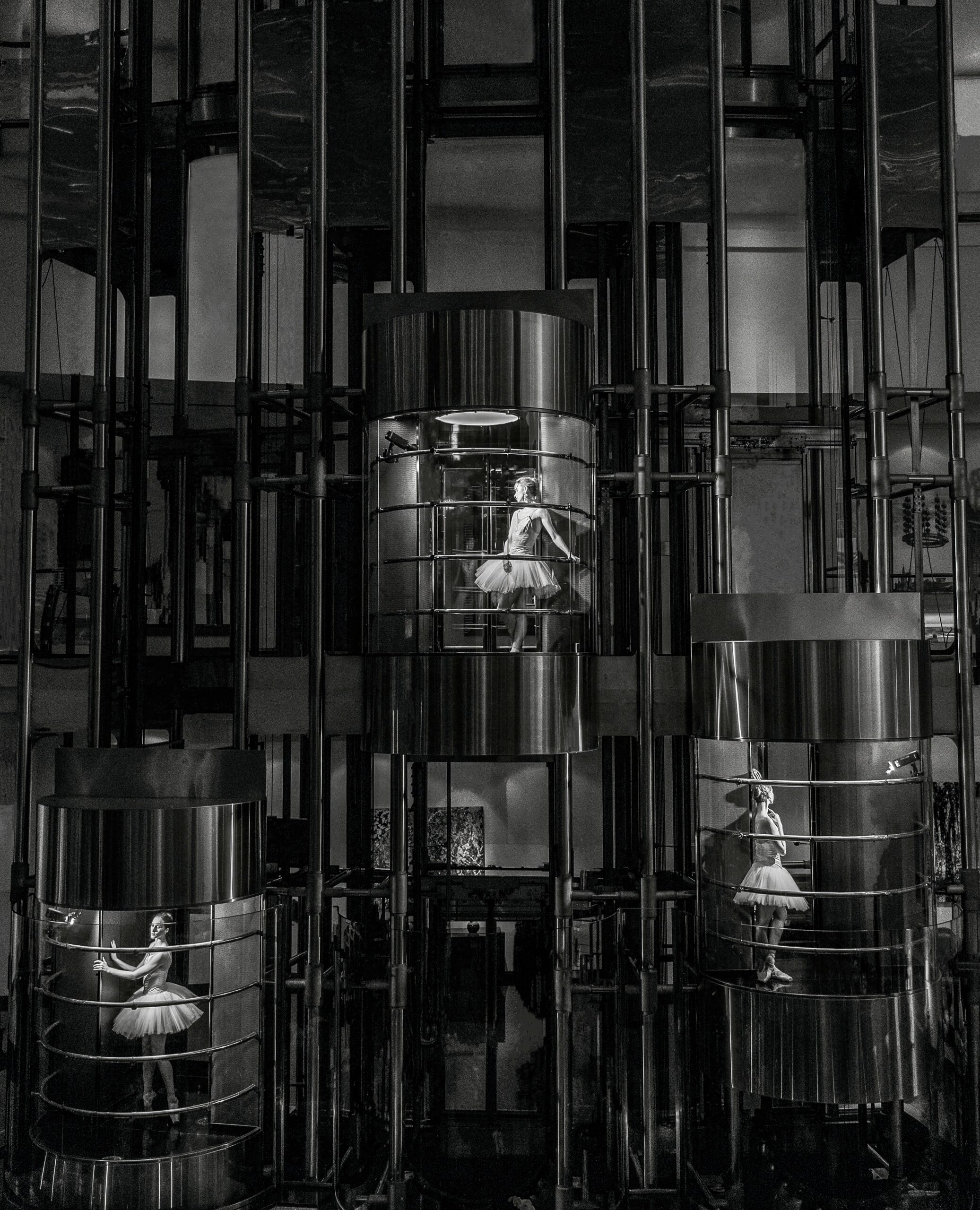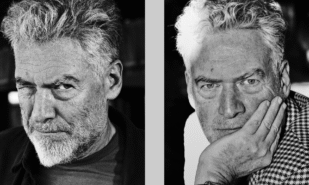France to Be First to Enshrine Abortion in Constitution
At a session in the Palace of Versailles, the French parliament made the landmark decision to establish abortions as a constitutional right. This move was met with thunderous applause in the assembly hall. In commemoration of this significant event, the Eiffel Tower in Paris was illuminated with the words “Mon Corps Mon Choix” — “My Body, My Choice”.
Of the 925 members of parliament and senators entitled to vote, 780 supported the decision, ensuring women “guaranteed freedom”. To pass in the parliamentary congress in Versailles, a majority was required, namely 60% of the votes. The amendment, already approved by both the upper and lower houses of parliament, requires final approval in a joint session in Versailles, after which changes will officially be made to the country’s constitution.
Prime Minister Gabriel Attal, addressing those gathered in the Congress hall in the Midi wing of the palace, invoked the memory of countless women who suffered due to lack of reproductive freedom, stating: “We are haunted by the suffering and memory of so many women who were not free. We are morally indebted [to all the women who] suffered in their flesh. … To enshrine this right in our constitution is to close the door to the tragedies of the past, its traces of suffering and pain. … I declare to all women in our country and beyond, today marks the beginning of an era of hopeful peace.” Mathilde Panot, a parliament member from the far-left “La France Insoumise” party, which proposed including the right to abortion in the constitution, welcomed this decision as a victory for the global women’s community. President Emmanuel Macron also reaffirmed commitment to women’s freedom to choose abortion. In his opinion, enshrining this right in the constitution will put an end to attempts to undermine the law that decriminalised abortions in France in 1975.
This session of the French Congress to amend the country’s constitution was the first since 2008. At that time, Nicolas Sarkozy took steps to modernise French institutions of power, including limiting presidents to a maximum of two consecutive five-year terms.
The impetus for the amendment was the decision of the US Supreme Court in 2022 to overturn the Roe v. Wade case – a ruling that upheld women’s right to abortion in the United States. The court’s verdict allowed individual states to shape their own abortion policies, which 21 states have already taken advantage of by banning or significantly restricting abortions within their territories.
However, not all politicians and activists in France supported the initiative. Right-wing senators from the Republicans did not support the initial attempt to amend the constitution in October 2022. Additionally, the Catholic Church in the Vatican opposed it, whose influence still remains in France. “There cannot be a ‘right’ to deprive a person of life,” the Vatican said in an official statement. The Church called on “all governments and all religious traditions to do everything possible to make the protection of life an absolute priority at this stage in history.” Nevertheless, the fight for human rights and freedoms has not diminished over the past two years: polls have shown that about 85% of French citizens support the inclusion of the right to abortion in the constitution.













